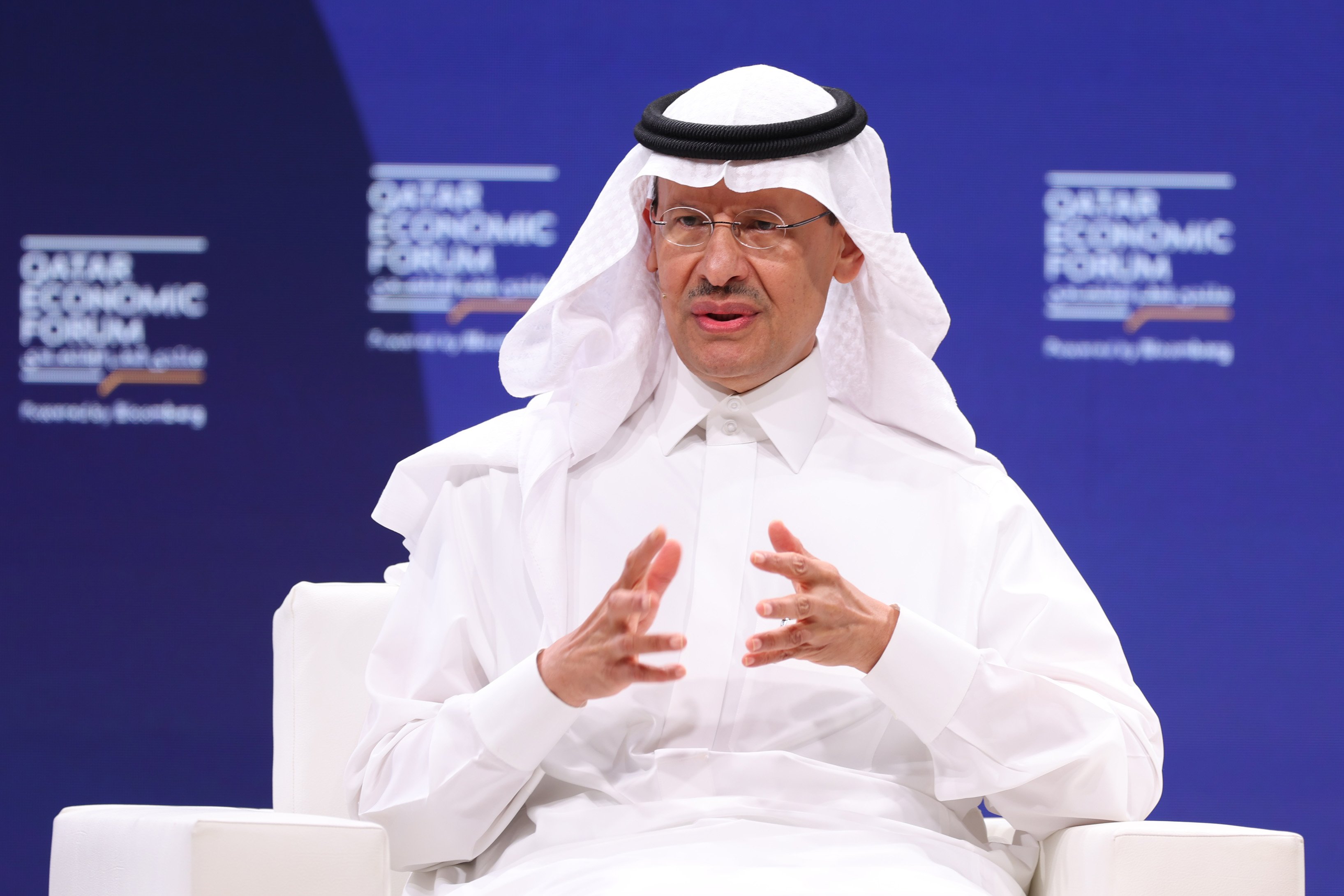Ensuring Market Stability: Saudi Energy Minister Prince Abdulaziz’s Perspective
Saudi Arabia’s Energy Minister, Prince Abdulaziz bin Salman Al-Saud, staunchly defended the oil supply cuts orchestrated by OPEC+ during his address at the World Petroleum Congress. He emphasized the imperative of judicious regulatory measures in international energy markets to curb volatility.
OPEC+, a coalition comprising the member nations of the Organization of the Petroleum Exporting Countries (OPEC) and Russia, along with allied oil producers, has played a pivotal role in shaping global oil production policies.
Addressing the audience, Prince Abdulaziz acknowledged the ongoing uncertainties that cloud the energy landscape. These uncertainties revolve around factors such as Chinese demand, the trajectory of European economic growth, and the strategies adopted by central banks to combat inflation.
Regarding Chinese demand, Prince Abdulaziz struck a cautious note, stating, “The situation is not yet dire. The jury is still out on this critical issue.”
On September 5th, Saudi Arabia and Russia jointly decided to extend their voluntary oil supply cuts, amounting to a significant reduction of 1.3 million barrels per day, until the end of the year. These cuts have been instrumental in driving oil prices upwards in recent months, sparking concerns in major consumer nations, particularly the United States, about potential economic repercussions. The benchmark Brent oil futures flirted with the $95 US per barrel mark on Monday, with some industry analysts speculating that a $100 US price point may be attainable later this year.
The extension of these supply cuts is anticipated to create a substantial market deficit throughout the fourth quarter, as per the analysis of the International Energy Agency (IEA). However, Prince Abdulaziz cautioned against placing excessive reliance on supply and demand forecasts, emphasizing his personal maxim, “I believe it when I see it.” He stressed the importance of adapting to the unfolding reality, asserting, “When reality aligns with forecasts, Hallelujah, we can produce more.”
Prince Abdulaziz also took the opportunity to critique the evolving role of the IEA, accusing the organization of transitioning from a mere market forecaster and assessor to one engaged in political advocacy.
In a broader context, the Saudi Energy Minister highlighted his country’s ambitions to explore the production and trade of clean hydrogen and electricity. To achieve these aspirations, Saudi Arabia seeks collaborations with other nations, prospective buyers, and investors.
The World Petroleum Congress, spanning five days, serves as a platform for officials representing oil-producing companies and nations to convene, exchange ideas, and shape the future of the global energy landscape.


